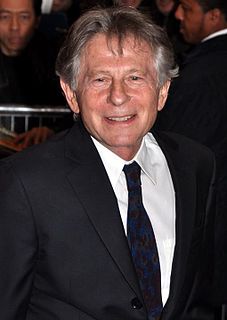A Quote by Thom Mayne
I've learned that in order to achieve what I wanted, it made more sense to negotiate than to defend the autonomy of my work by pounding my fist on the table.
Related Quotes
The individual in the ordinary circumstances of living may feel more unreal than real; in a literal sense, more dead than alive; precariously differentiated from the rest of the world, so that his identity and autonomy are always in question.... He may not possess an over-riding sense of personal consistency or cohesiveness. He may feel more insubstantial than substantial, and unable to assume that the stuff he is made of is genuine, good, valuable. And he may feel his self as partially divorced from his body.
I learned from the Macarturos. I had never been at a table with a labor organizer and a playwright and a performance artist and an anthropologist and a human rights lawyer. Usually at most gatherings, it's all writers. But suddenly I was at a table with all these different people and I learned from each of them, learned from the work they're doing, learned new ways to solve my problems.
I think that there's some brainwashing going on with this idea that we don't have time to cook anymore. We have made cooking seem much more complicated than it is, and part of that comes from watching cooking shows on television-we've turned cooking into a spectator sport. ...My wife and I both work, and we can get a very nice dinner on the table in a half hour. It would not take any less time for us to drive to a fast-food outlet and order, sit down, and bus our table.
I felt that the Church was the Church of the poor,... but at the same time, I felt that it did not set its face against a social order which made so much charity in the present sense of the word necessary. I felt that charity was a word to choke over. Who wanted charity? And it was not just human pride but a strong sense of man's dignity and worth, and what was due to him in justice, that made me resent, rather than feel pround of so mighty a sum total of Catholic institutions.
Fellini was more in love with breasts than Russ Meyer, more wracked with guilt than Ingmar Bergman, more of a flamboyant showman than Busby Berkeley... Amarcord seems almost to flow from the camera, as anecdotes will flow from one who has told them often and knows they work. This was the last of his films made for no better reason than Fellini wanted to make it.







































